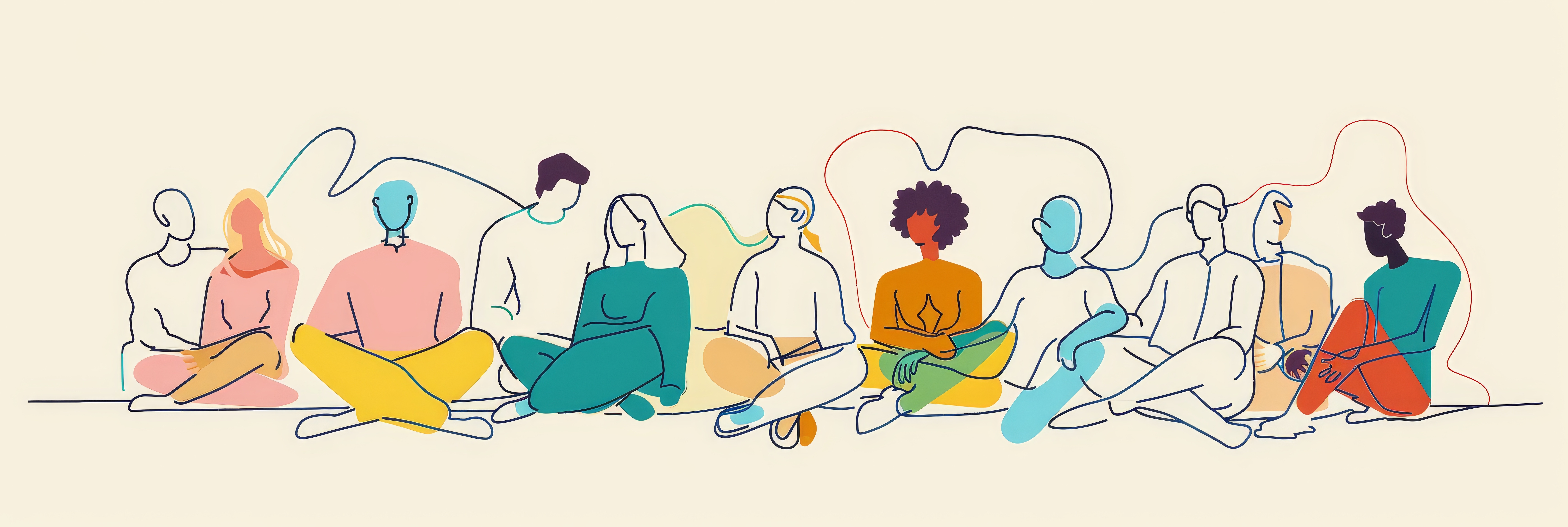We all have fond memories of those special meals that remind us of home, family, and the comfort of the familiar. But for some, food can also be a source of trauma. For those struggling with food-related trauma, enjoying meals and the social aspects of eating can be difficult. In this blog post, we will discuss food-related trauma, how it is experienced, and how to cope with it.
Trauma and Disordered Eating
Food connects to many activities and cultures; therefore, it can be challenging to think of eating as a source of trauma. For some families, food may provide comfort in response to disturbing events, for instance, having a cup of tea after hearing bad news. However, for those living with disordered eating, food and associations with food can stir up many challenging feelings.
Studies have shown a link between experiencing trauma and the development of an eating disorder. Traumatic events such as experiencing childhood sexual abuse have been linked with an increase in eating disorders.
Research confirms that any traumatic event experienced during childhood can lead to the development of an eating disorder. One study notes that symptoms of post-traumatic stress disorder were present in one-third of individuals identifying as women with bulimia, 20% of those living with binge eating disorders, and almost 12% with other forms of eating disorders1. Given the link between trauma and eating disorders, finding appropriate treatment and support is even more vital.
The Link between Trauma and Disordered Eating
As a society, we have become increasingly aware of the lingering impacts of trauma and know that these experiences may look different for each person living with them. Trauma experiences can include things that happen to us as individuals or events we have witnessed.
While it is still not clear why some people who experience trauma develop an eating disorder, it is clear unresolved trauma can worsen eating disorder symptoms. Still, it is essential to note that not everyone who experiences trauma will develop an eating disorder, nor does everyone living with an eating disorder do so because of a trauma response.
There are similarities between eating and trauma disorders, including genetic, biological, and sociological factors. Sometimes, after a traumatic event, a person will develop an eating disorder to cope with feelings associated with the trauma. For instance, a person may use bulimia to purge the body of the trauma.1 It is also common for a person who has experienced trauma to have feelings of shame and blame, common attributes for those living with eating disorders. A therapist specializing in disordered eating will assist you in identifying those feelings and avoiding getting caught in the shame and blame cycle. Addressing those underlying feelings is an important aspect of treatment and support.
Care and Treatment for those Suffering from Trauma and Eating Disorders
The combination of trauma experiences and disordered eating requires skilled care and intervention. If you have been diagnosed with any form of eating disorder, it is essential to share with your treatment team if you have also experienced trauma. While discussing with the care team may be very uncomfortable, they must be aware to support your wellness journey best.
Assessing the effect of trauma on a person living with an eating disorder is key to creating an effective treatment plan. Treatment approaches for those who have experienced trauma and are living with an eating disorder will need to address the underlying trauma. A therapist or treatment team specializing in treating eating disorders, trauma, and PTSD will be the most effective.
The first step for addressing post-traumatic stress and an eating disorder is recognizing the problem and getting help. If you or a loved one are experiencing food trauma, connect with Selah House at 765.819.2524 or complete our contact form. You don’t have to walk through this alone; we’re here to help.
References
- Mitchell, KS., Mazzeo,SE., Schlesinger MR., Brewerton TD., Smith, BN. (2012). Comorbidity of partial and subthreshold PTSD among men and women with eating disorders in the National Comorbidity Survey-Replication Study. The International Journal of Eating Disorders. 45, (3), pp.307-315. DOI:10.1002/eat.20965
- Coker Ross, C. (2022). What you Need to Know to Get Better. Retrieved online at www.nationaleatingdisorders.org

 Call
Call

